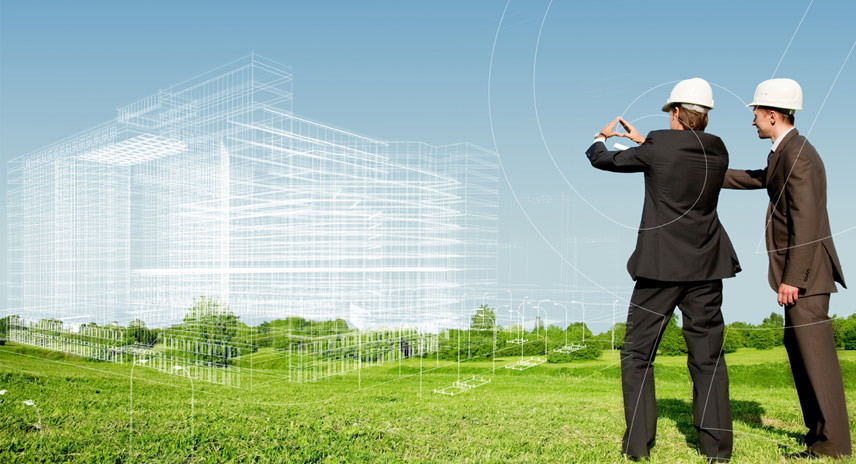
At the core of a responsibility for property developers is finding and acquiring suitable properties for development. The initial stage involves a thorough research, market analysis study, feasibility studies and risks assessments in order to guarantee the viability and profitability of the project. Developers have to navigate the zoning laws, environmental considerations, and legal complexities to secure permits and approvals needed. Their ability to spot an untapped opportunity in under-utilized areas frequently opens the door to the revitalization of cities and growth in economics.
But, traversing the maze of landscape of development in real estate can be a daunting task. Market fluctuations, regulatory hurdles, and community opposition can knock even the most well planned plans off the track. In the event of economic turmoil, projects could be delayed and changing preferences for consumers demand constant adaptation. Moreover, developers must strike a delicate balance between financial success and social accountability, battling with affordability issues sustainability, sustainability, as well as equitable accessibility to housing. In the face of such difficulties, successful developers exhibit the ability to adapt, innovate, and an unwavering commitment to their goals.
In addition, the environmental consequences of construction projects can't be ignored. Property developers are now under pressure to adopt sustainable practices to reduce carbon emissions and preserve natural spaces as well as improve energy efficiency. Sustainable design elements like rainwater harvesting techniques, and LEED certification have been standard considerations in modern developments. In addition to complying with the regulations Developers are beginning to recognize the long-term benefits of environmentally friendly initiatives, including the reduction in costs, competitiveness on the market, and positive public perception. To gather additional details kindly head to akisama.com.my/

Recent years have seen the advances in technology have revolutionized the world of property development, ushering in an era of digital innovation and intelligent cities. From virtual reality simulations, to predictive analytics, developers leverage advanced tools that can streamline designing processes, boost capacity for decision-making and enhance use of resources. In addition, sustainability is emerging as a key requirement leading developers to incorporate green methods of construction, renewable energies, and resilient methods of design into their designs. In leveraging technology and adhering to sustainability, developers not only lessen their footprint on the environment as well as secure their investments in the face of changing market trends and regulations.
But, the field of property development isn't with no controversies or challenges. Rapid urbanization, a shortage of land and regulatory hurdles create major obstacles for development projects. Furthermore, displacement, gentrification and affordability problems raise concerns about the equity of society implications of certain projects. Many critics scrutinize the negative environmental effects of construction and are adamant about sustainable methods and green building certifications. In addition, recessions in the economy or geopolitical instability, as well as market fluctuations can disrupt the timelines of projects and return on investment which highlights the inherent risk of the property industry. Thus, property developers must deal with a myriad of risk and opportunity as they balance their profit goals with wider social and environmental concerns.